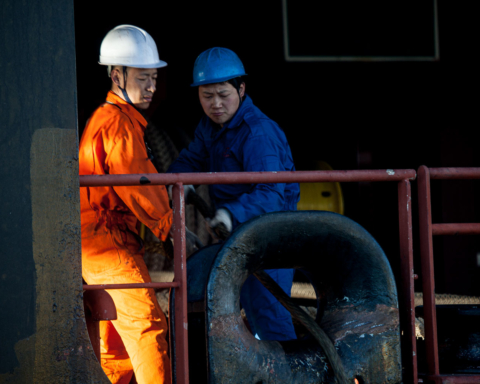Too many controls immobilize ports and logistics, especially if they are carried out by offices that operate in small numbers and should be reinforced. A few days after the spread of the Coronavirus to certain areas in Italy, for the National Federation of International Shipping Companies (Fedespedi) the real problem is to fortify the offices responsible for goods control.
In Port News the president of the Federation, Silvia Moretto, explains how the Covid-19 emergency only exacerbates the weaknesses of a system that have been known for some time now. “We are really worried,” she said. “In China, the export lock-down due to the extension of the Chinese New Year is already causing a drop in import volumes in Italian ports. Our manufacturing companies are also having difficulty in getting supplies and raw materials.”
Lengthy checks are another important factor: “All the staff in the competent offices have been assigned to checking passengers disembarking from cruise ships or ferries. As a result, there is not enough personnel for goods inspections at the moment. The amount of time required has tripled. Just think that in Genoa the health offices have a backlog of a thousand dossiers. Consequently, ports are congested due to quays being cleared of goods extremely slowly: every container stopped in any Italian port costs us 100 euros a day.”
There is also a lack of uniform guidelines on how to deal with the emergency. “We find that there is no coordinated action at central level” complains Moretto. “A number of ports are taking initiatives on goods control that are not in line with national provisions. This situation is putting companies in difficulty and generates further uncertainty. Precisely for this reason we have asked the Ministry to set up an operational task force that can that can make sure that the many actors in the supply chain work homogenously again and solve the main critical issues.”
For Silvia Moretto, the emergency situation that the country is experiencing, both logistically and productively, could become an opportunity to deal coherently with the many dossiers still open, from infrastructure projects onwards: “Let’s take advantage of it to solve the problems the country is suffering from. We are here and we want to do our part.”
Translation by Giles Foster




